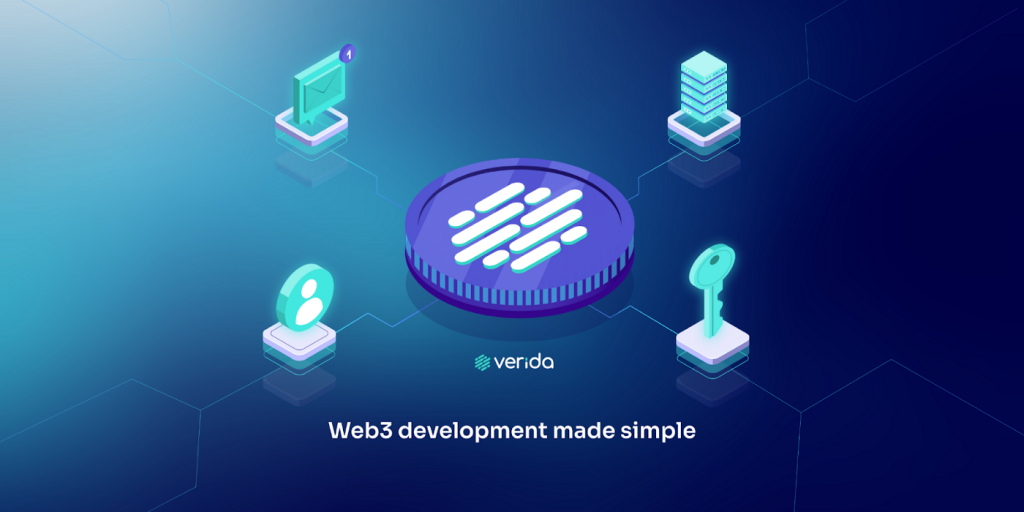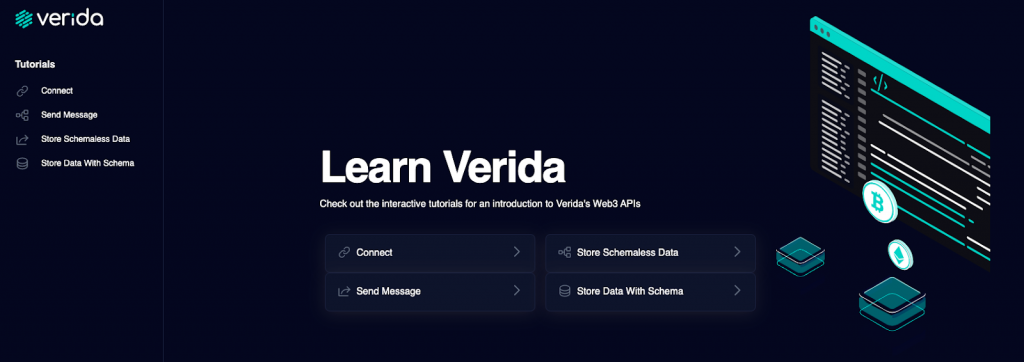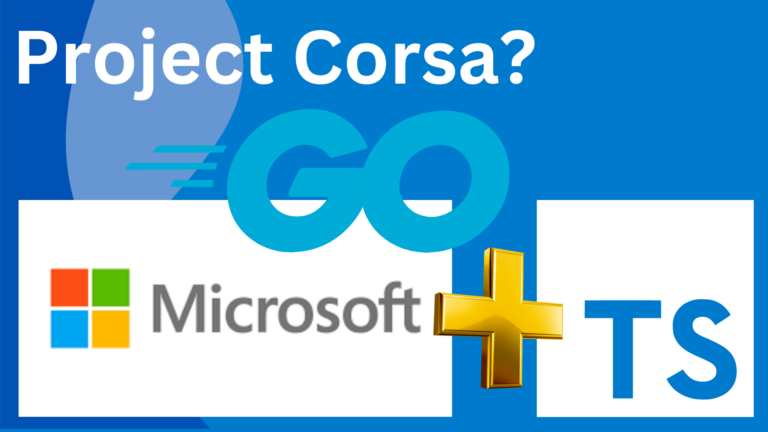New to Rust? Grab our free Rust for Beginners eBook Get it free →
Verida’s Alpha Protocol Supporting Web3 Developers is Now Live
With the Web3 economy starting to take off in a big way, an increasing number of people across the globe are looking for ways through which they can tap into this future-ready digital ecosystem. In its most basic sense, Web3 can be thought of as a set of JavaScript libraries that are designed especially to help users interact with an Ethereum node in a remote as well as local fashion. In other words, the technology provides users with an API that allows them to facilitate seamless interactions with an associated blockchain using just an HTTP or IPC connection.
In this regard, Verida is one such option that allows all those who want to interact with a local or remote ethereum node via a host of novel tools such as a Client SDK, Single Sign-On (SSO) SDK, Storage Node, and Verida Vault. The protocol is designed to provide users with greater control and privacy over their personal data as well as enable developers to devise a range of novel applications using just a simple QR code-based single sign-on module.

A closer look at what’s on offer
Straight off the bat, it should be noted that the Verida Protocol provides its clients with an easy-to-use library that helps mitigate many of the technical complexities that are associated with things such as encryption, permission modules, schemas, and user management. Not only that, the apps that have been created using the Verida Protocol — primarily the ones with common schemas — enable seamless data transmissions to take place across every other app employed by the same user (as well as allow for the storage of unstructured data sets).
Some of the other key aspects of the Verida protocol include:
Client SDK
Verida’s Client SDK is meant to serve as an open-source implementation of the Verida protocol, allowing users to employ the platform’s fast-growing network as well as help devs with access to the system’s encrypted storage, identity, messaging, and schemas modules.
Some of the other core capabilities of this module include:
- It allows for user authentication to happen via private keys as well as QR codes.
- Enables authenticated users to access encrypted databases.
Verida Vault
As the name seems to suggest, Verida Vault is meant to serve as a mobile application that helps users obtain access to a private key management suite that features an intuitive, easy-to-use client interface making it extremely easy to interact with the Verida network. Furthermore, it should be noted that the platform stores the personal info of its end users and synchronizes it with the various other apps that the person may be interacting within a quick, easy manner.

SSO SDK
Another core aspect of the Verida protocol is its SSO SDK, which can be described as a decentralized single “sign-on client” as well as “authentication server SDK” that is meant to help facilitate seamless QR code authentications using the aforementioned Vault app.
Storage Node
As highlighted in an earlier section, the Verida protocol provides user data with secure database storage and encryption. Not only that, the system is designed in such a unique way that any customer-related Personally Identifiable Information (PII) is never maintained on-chain — with all of this being achieved in full accordance with the requirements laid out in the GDPR.





